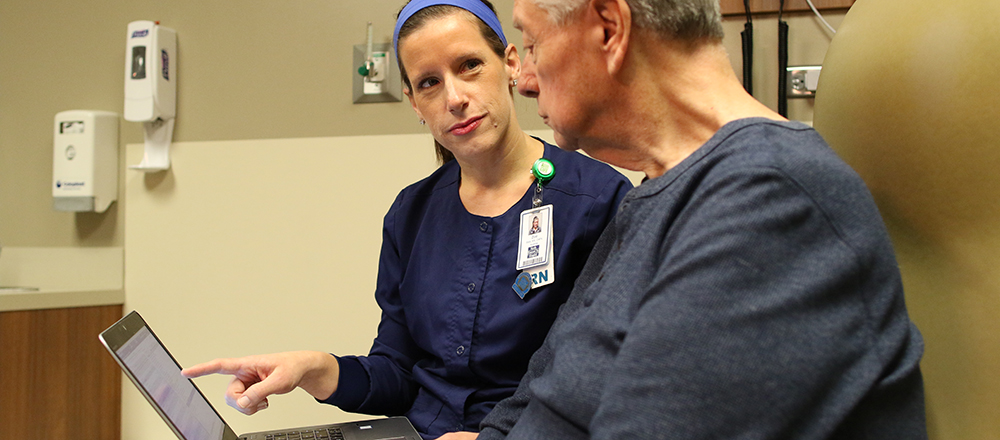
U.S. adults are using cannabis, also known as marijuana, in record numbers. With recreational marijuana legal in 24 states, it’s no surprise 50% of adults in the U.S. have tried cannabis, and about 17% regularly use it.
The social stigma of marijuana has drastically changed over the last few decades. Society used to perceive cannabis users as criminals and degenerates, but the popularity and acceptance of the drug has changed many people’s attitudes about it. Yet people still rarely discuss it with their healthcare providers even though it could help their doctor understand the complete picture of their health.
According to the American Heart Association, research has found a strong link between cannabis use and an increased risk of heart disease, stroke and heart attack. If you currently use or are thinking of trying marijuana, consider how it can affect your heart and overall health.
How Does Cannabis Affect Your Heart
Marijuana refers to the various cannabis plants containing tetrahydrocannabinol (THC). Regardless of how you consume it, THC goes into your bloodstream and to your brain, where it binds to receptors, causing the “high” feeling. THC activates the body’s fight-or-flight response and releases stress hormones that increase your heart rate and blood pressure. It can increase your heart rate by 20-50 beats per minute for up to three hours after use.
While there is limited research due to federal restrictions, regularly using marijuana has been shown to increase the risk of developing numerous heart- and brain-related problems, including:
- Abnormal heart rhythms, like AFib, by 64%
- Heart failure by 34%
- Stroke by 20%
Those with cardiovascular risk factors, such as high blood pressure, high cholesterol or type 2 diabetes, have also been shown to have a higher risk of a heart or brain event if they regularly use marijuana compared to those who have never used it.
How Else Does Cannabis Affect Your Body
Along with increasing your heart rate and blood pressure, marijuana can have short- and long-term effects on your body, including:
- Appetite and digestion stimulation. It can increase appetite and relieve nausea and vomiting, which can be helpful for people going through cancer or AIDS treatments.
- Distorted thoughts. It can make it harder to focus, lowers inhibitions and slows reaction times.
- Pain relief. It can temporarily help relieve pain and inflammation in the body.
- Relaxation. THC stimulates the brain’s pleasure response, which triggers a release of the chemical dopamine, resulting in a blissful, relaxed feeling.
- Respiratory irritation. If you smoke marijuana, it can irritate your lungs and cause a burning sensation in your mouth and throat.
Takeaway
More research is necessary to assess the harmful effects of marijuana on the cardiovascular system. If you currently use or are considering trying marijuana, talk to your primary care provider about how it may affect your heart health and overall well-being now and in the future.



